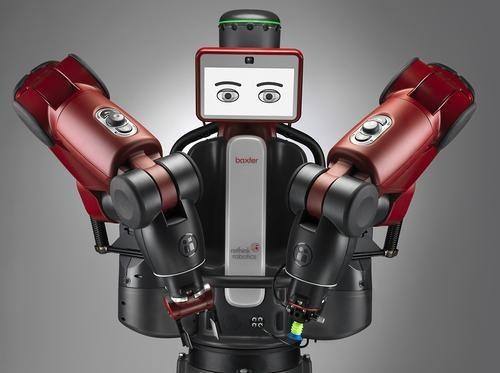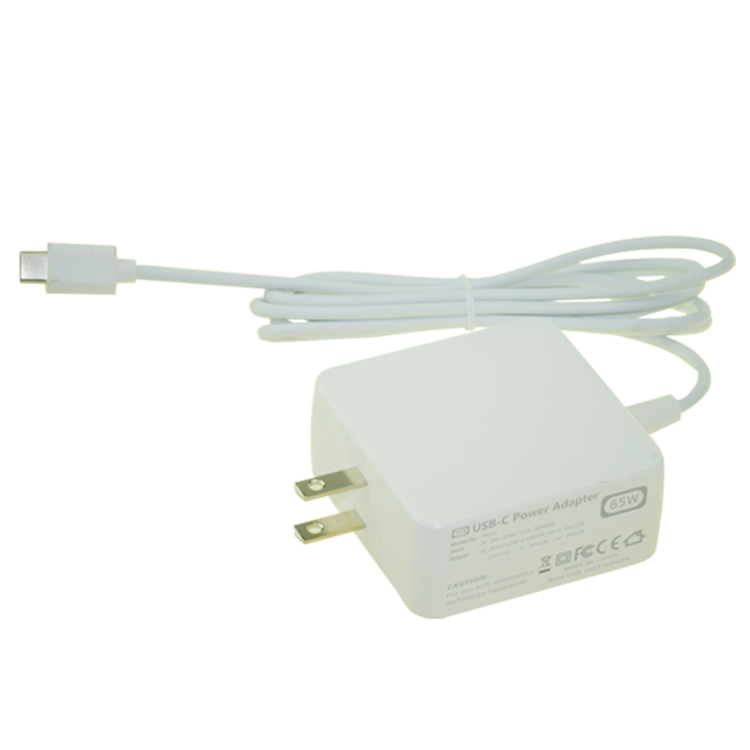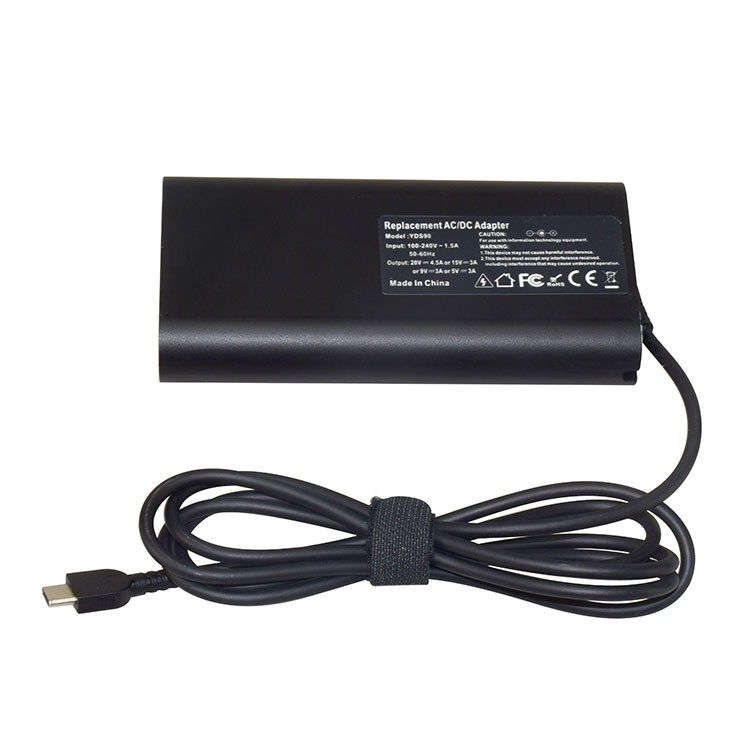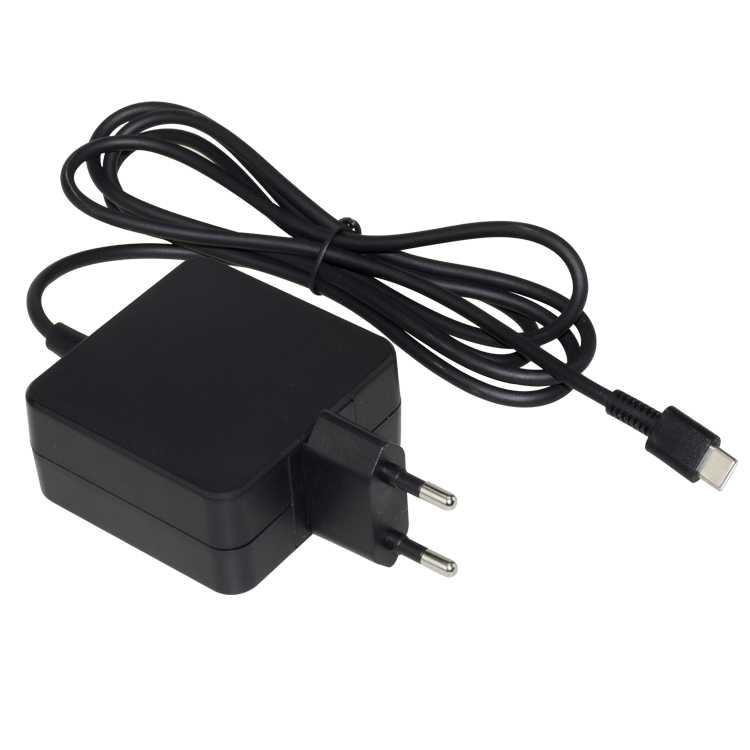The purchasing power of Chinese people has always been unquestionable around the world. From daily necessities, household appliances, to automobiles, machine tools, industrial robots, etc., Chinese people seem to have always been the favorite buyers of foreign merchants, only from Japan. It is said that China will bring huge consumption to it every year, and many "made in Japan" have become products that Chinese people are rushing to buy. However, this situation is quietly changing.
According to a report by the Nihon Keizai Shimbun on August 1, China's "explosive buying" has been supporting Japanese manufacturers of construction machinery, machine tools, and industrial robots, but this situation is gradually disappearing. According to figures released by the Japan Construction Machinery Industry Association on July 31, construction machinery shipments from January to June were 1.3535 trillion yen, a year-on-year increase of 8.5%. The export value increased by 21%, maintaining a good momentum, but it has slowed down from the 32% growth rate in 2017.
Among the machinery exported from Japan, machine tools and industrial robots account for a large share. Today, the demand for machine tools and industrial robots is ushering in an adjustment period. The figures released by the Japan Machine Tool Industry Association show that the order value in June was 159.2 billion yen, an increase of 11.4% year-on-year. Although it refreshed the single-month historical record in June and remained at a relatively high level, the growth rate has fallen. In particular, China's demand, which has been a driving factor, has experienced negative growth for four consecutive months, a decrease of 7.7%. Bulk orders for foundry services (EMS) for electronic products such as smartphones are thought to be decreasing, lowering the overall level.

Statistics released by the Japan Robot Industry Association on July 26 show that the amount of orders for industrial robots in June declined year-on-year for the first time in two years. The weaker demand in the Chinese smartphone industry has a greater impact. There are also voices pointing out that the market prospects of industrial robots are overcast due to the delayed production plan of the automotive industry as a major customer. The number of orders for industrial robots (member companies) for the April-June period of 2018 released on the same day was 212.6 billion yen, an increase of 3.8% year-on-year, maintaining growth for eight consecutive quarters. Although the quarterly data has maintained growth, the order volume in a single month in June decreased by 0.6% to 68.8 billion yen. After a lapse of 24 months, it fell year-on-year. Although the order volume remains at a relatively high level, there are obvious signs of a peaking decline.
Although smart manufacturing continues to deepen, there are not many companies in China that can fully automate the entire production line. The reason is that the high price of industrial robots is not suitable for many small and medium-sized enterprises in China. According to the International Federation of Robotics, 10% of the world’s companies have purchased 45% of industrial robots. Moreover, it is mainly a large-scale production enterprise with more than 500 employees. Usually, small companies are not very interested in this issue because it is not economically economical to replace manual labor with robots. The reason is that the realization of robotization in the production field is technically quite complex and costly. Only in the case of mass production of products can the use of robots be economically rewarded, and it is not cost-effective to use robots when the output is not large.
In short, the existing robots on the market can only perform repetitive tasks. If the mission changes, they can do nothing. For example, a component needs to be reduced by half a centimeter. In order to complete the production of such short components, programmers and engineers need to be asked to rewrite programs for the robot. A lot of work and financial expenditure are needed in this regard. Therefore, most medium-sized enterprises usually choose manual labor, which is simple and clear. Not to mention small businesses. This is a worldwide problem that seriously hinders the use of robots.
Not only is the reduction in corporate orders, but what is even more serious is the signs of change in demand in the automotive industry. Yoshiharu Inaba, the chairman and chief executive officer (CEO) of FANUC, a large-scale industrial robot manufacturer, said at the April-June 2018 financial report briefing on the decline in orders, "Although it is not a cancellation of orders, but as a major customer Automakers have postponed projects such as increasing production globally.†In the United States, the customer postponed the equipment investment plan for about half a year. Now the automobile industry is also facing the dilemma of transformation and upgrading, and new energy vehicles have formed an unstoppable situation. Therefore, how to use industrial robots and how to make better use of available resources have also become issues that automobile manufacturers need to consider.
The automotive industry has been a major customer since the birth of the industrial robot market, and now it is also one of the largest customers. It is foreseeable that if the demand in the automotive industry declines, it will have a greater impact than smart phones. Can the aforementioned postponed projects be resumed in the second half of the year, and what obstacles will the development of industrial robots face? All this is still a mystery.
Type c Laptop Charger unlike traditional laptop charger easily gets hot and charging slowly, it offers super fast-charging via its USB-C port in very low temperature. Type C Charger Adapter is light and easy to hold.
Yidashun can offer different brands of Type C Laptop Charger, all cases similar as original one, such as for APPLE macbook pro USB C power adapter 29W 30W 61W 87W, for DELL 30W 45W 65W 90W PD charger, for HP/ASUS 45W 65W type c charger, For Toshiba/Lenovo 45W usb c charger, for Samsung 30W type c adapter and so on. And they can be compatible with each other, for example: macbook usb c power adapter can charge DELL, ASUS, HP, LENOVO laptops, and so are other brands of laptop usb c chargers. Besides, type c laptop charger can also charge mobile phone and tablet, like APPLE usb c power adapter charger 29W, the output specifications is 14.5V 2.1A or 5.2V 2.4A, it can not only fast charge macbook pro 12 inch laptop, but also IPHONE 8 only if you change to use usb-c to lighting Cable .



Type C Laptop Charger,Macbook USB C Adapter,Type C Charger Adapter,Type C Charger For Laptop
Shenzhen Yidashun Technology Co., Ltd. , https://www.ydsadapter.com